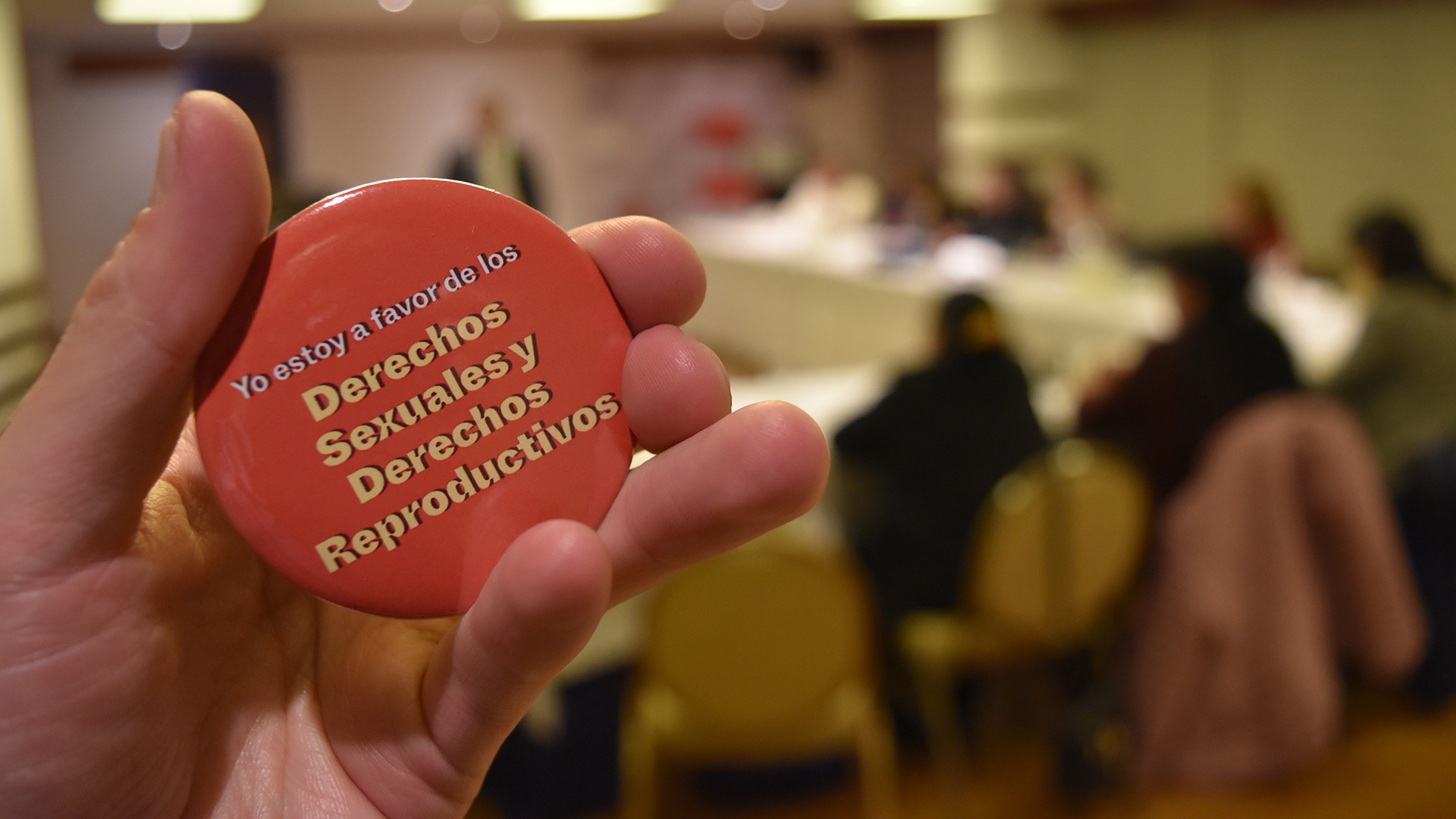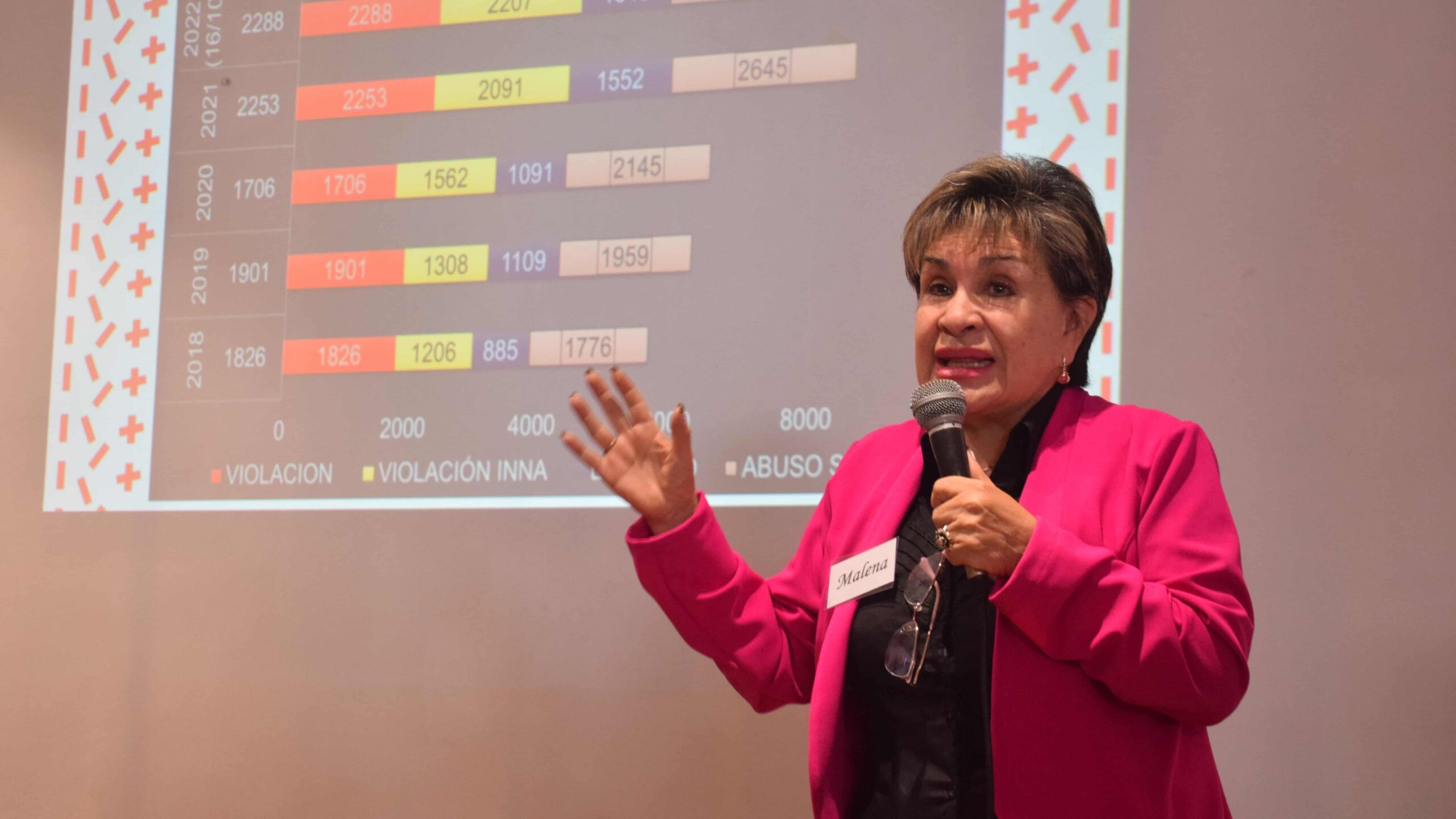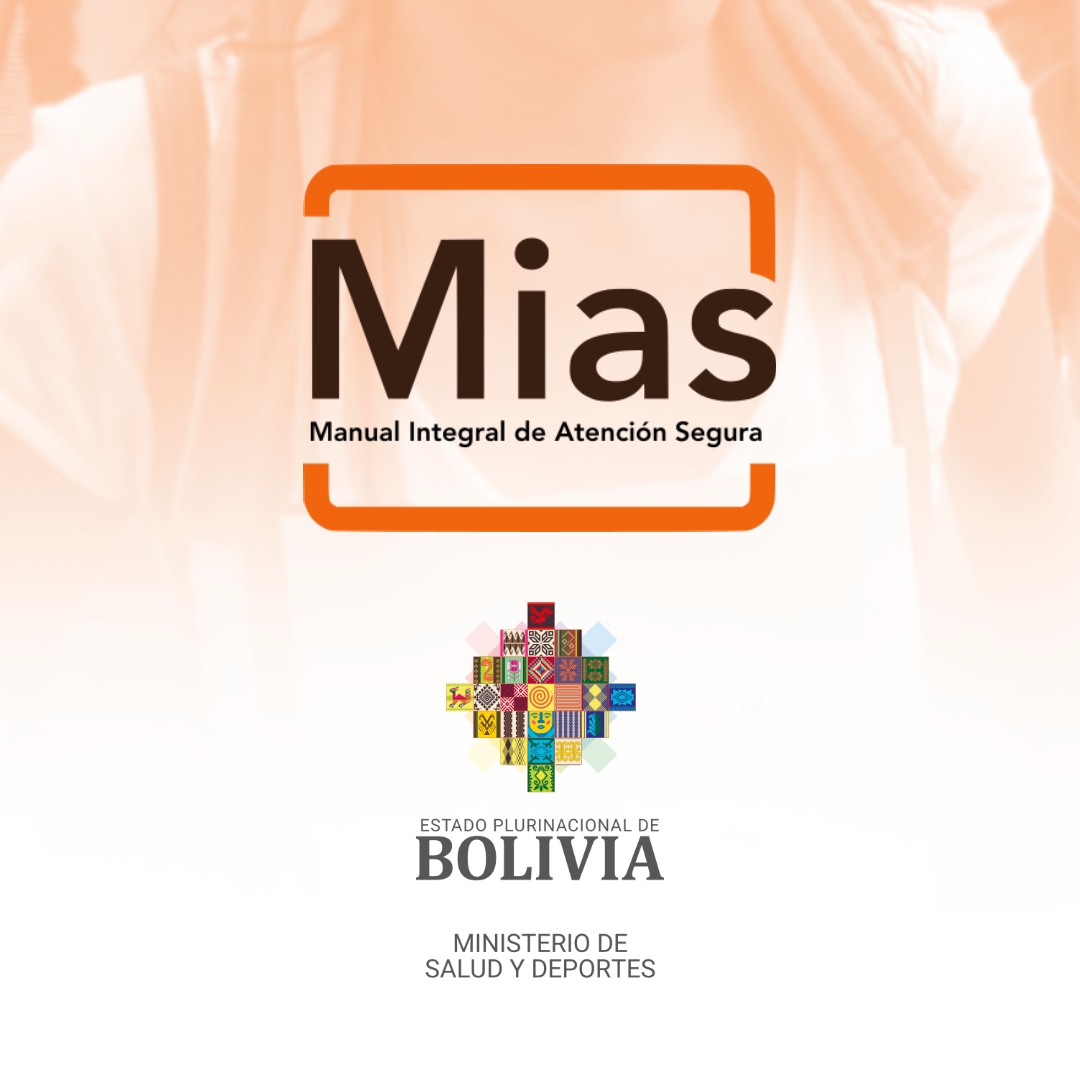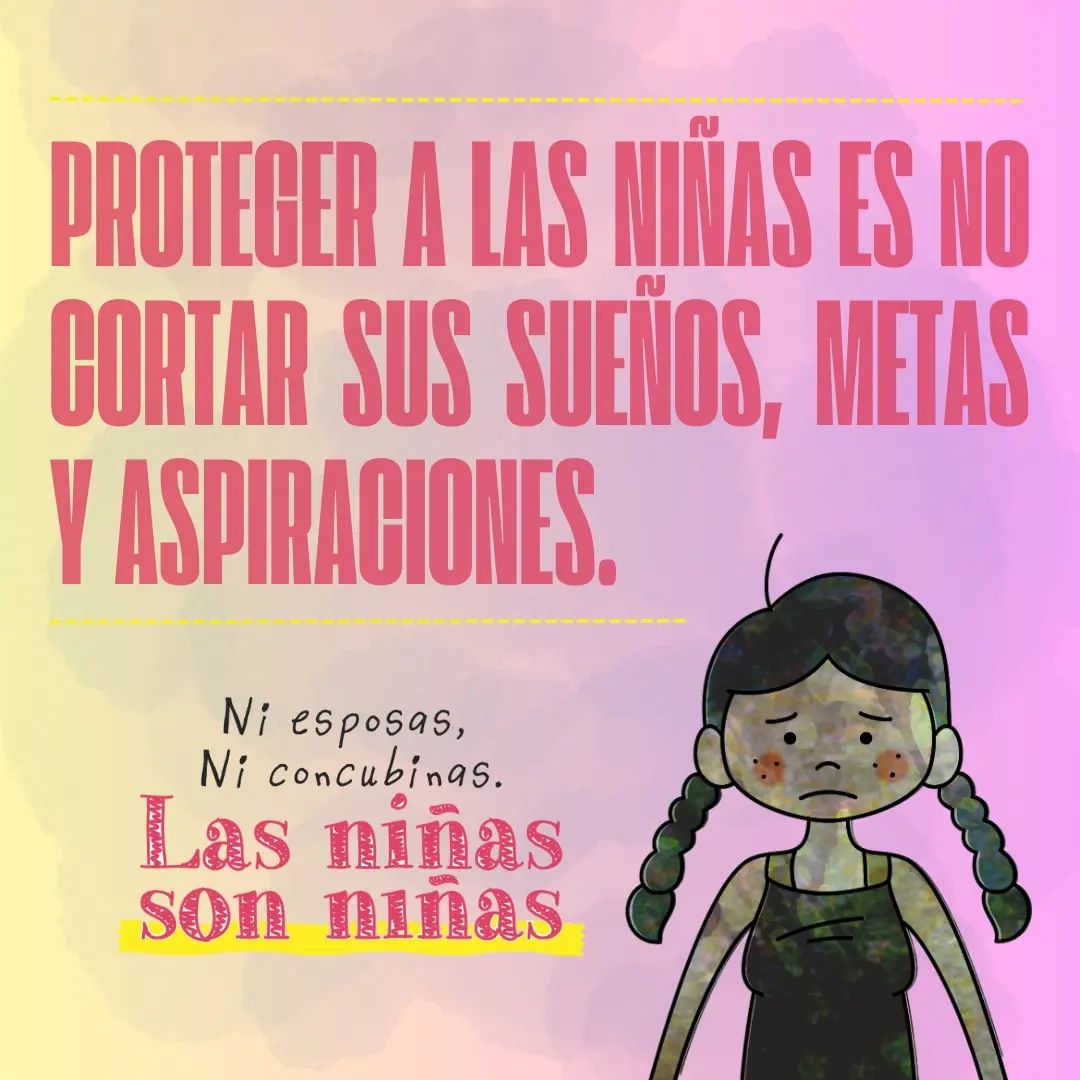The United Nations in Bolivia (UN-Bolivia) called on Friday, International Women’s Day, for the country’s public and private sectors to invest in policies and programs to “build equality” between men and women.
“We call on all economic, political and social forces to invest in the transformation of women’s lives, to invest in changing a society that until now has been patriarchal and exclusionary,” the international organization said in a statement.
The UN advocated that resources be used to help “women and girls to develop and grow up free from violence” and also to access training in “non-traditional” areas and interact in the labor market “in all areas of public and political life”.
The organization mentioned that in Bolivia “discrimination against women, in all its diversity, persists” despite “great advances” in gender equity issues in recent years.
“It is estimated that, at the rate we are going, legal equality for women, worldwide, will be achieved in 300 years,” mentioned the UN in Bolivia.
The South American country has had a law since 2013 to guarantee women against all types of violence, however, feminist groups and human rights defenders questioned the effectiveness of the application of the norm in cases of male violence.
The Bolivian Attorney General’s Office reported that so far in 2024 there have been 12 femicides, and 4,285 reports of violence against adult women and minors have been made in January of this year alone.
Likewise, Bolivia’s electoral body warned, at the beginning of this year, that harassment and political violence against women elected officials persist, since in 2023 there were 47 complaints and 23 resignations.
Law 243 Against Harassment and Political Violence has been in force since 2012, promoted after the murder of Aymara councilwoman Juana Quispe, a case considered emblematic and which went unpunished for almost 12 years.
The recurrent acts of violence against women in the private and public sphere place Bolivia among the most violent countries in the South American region.















